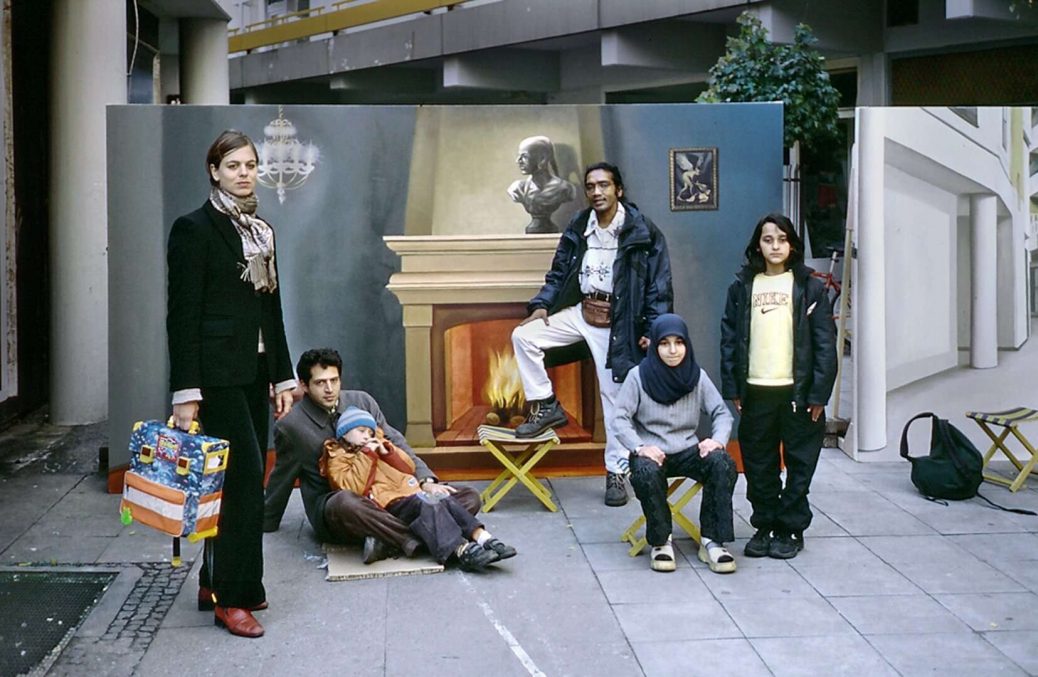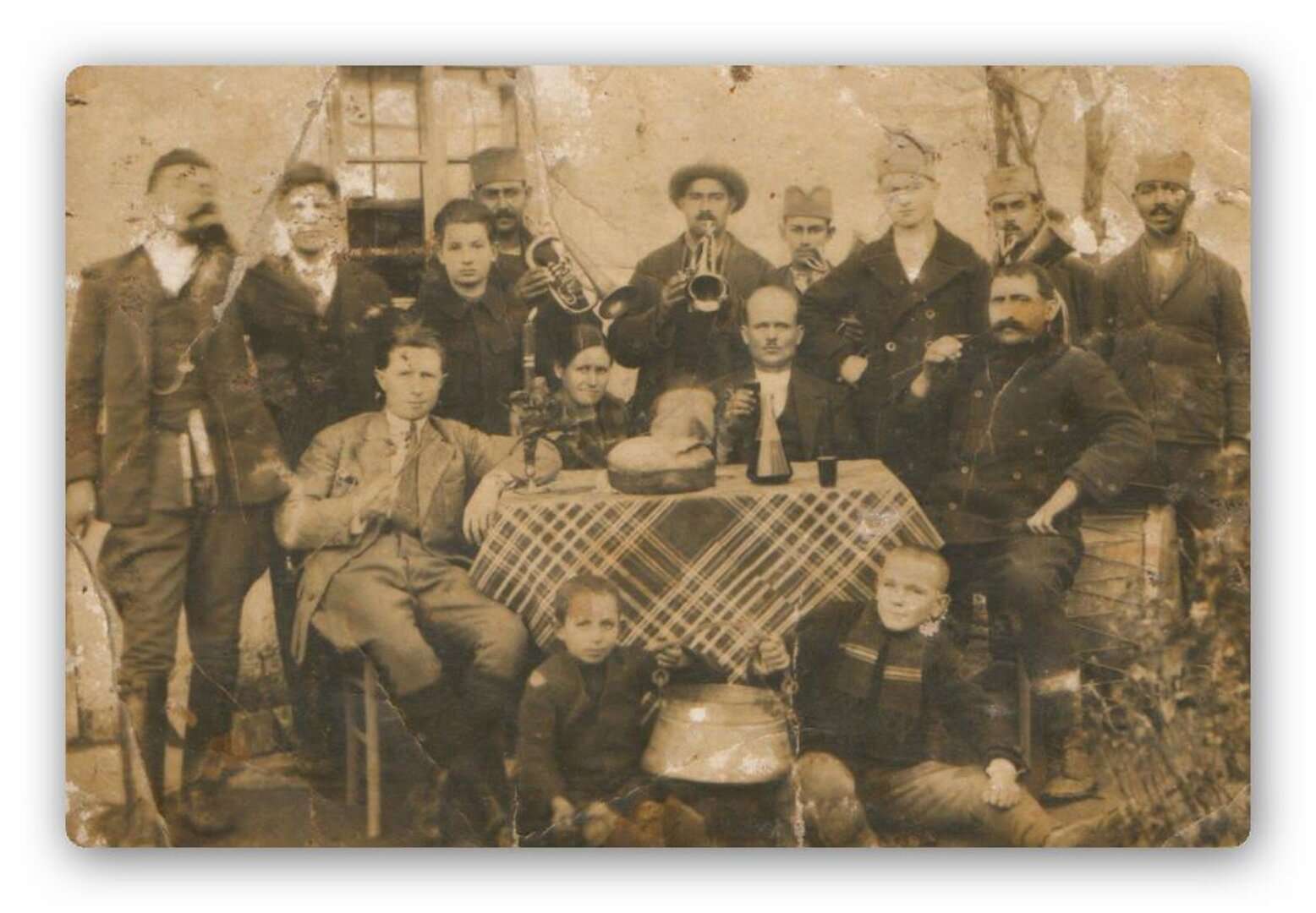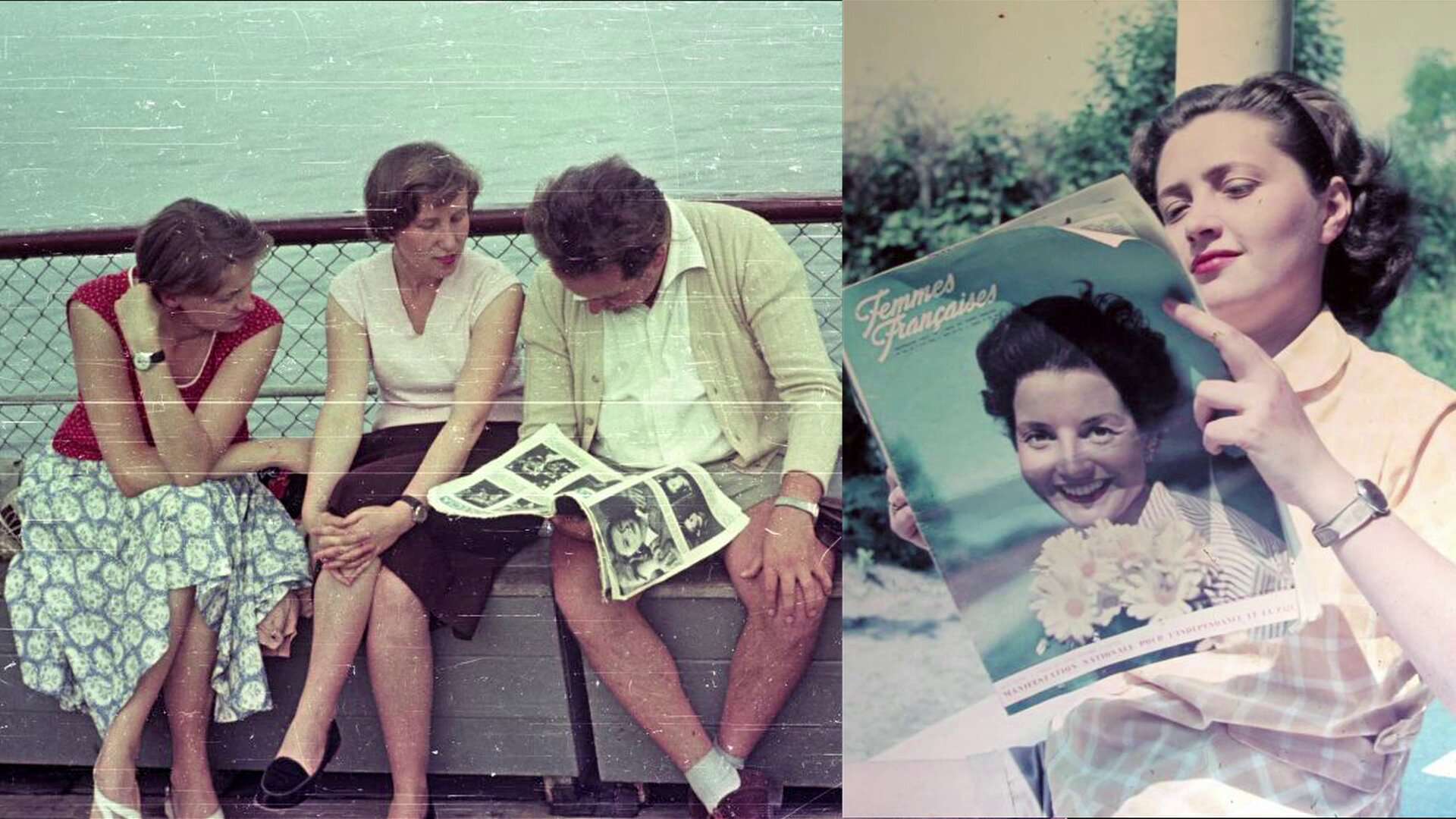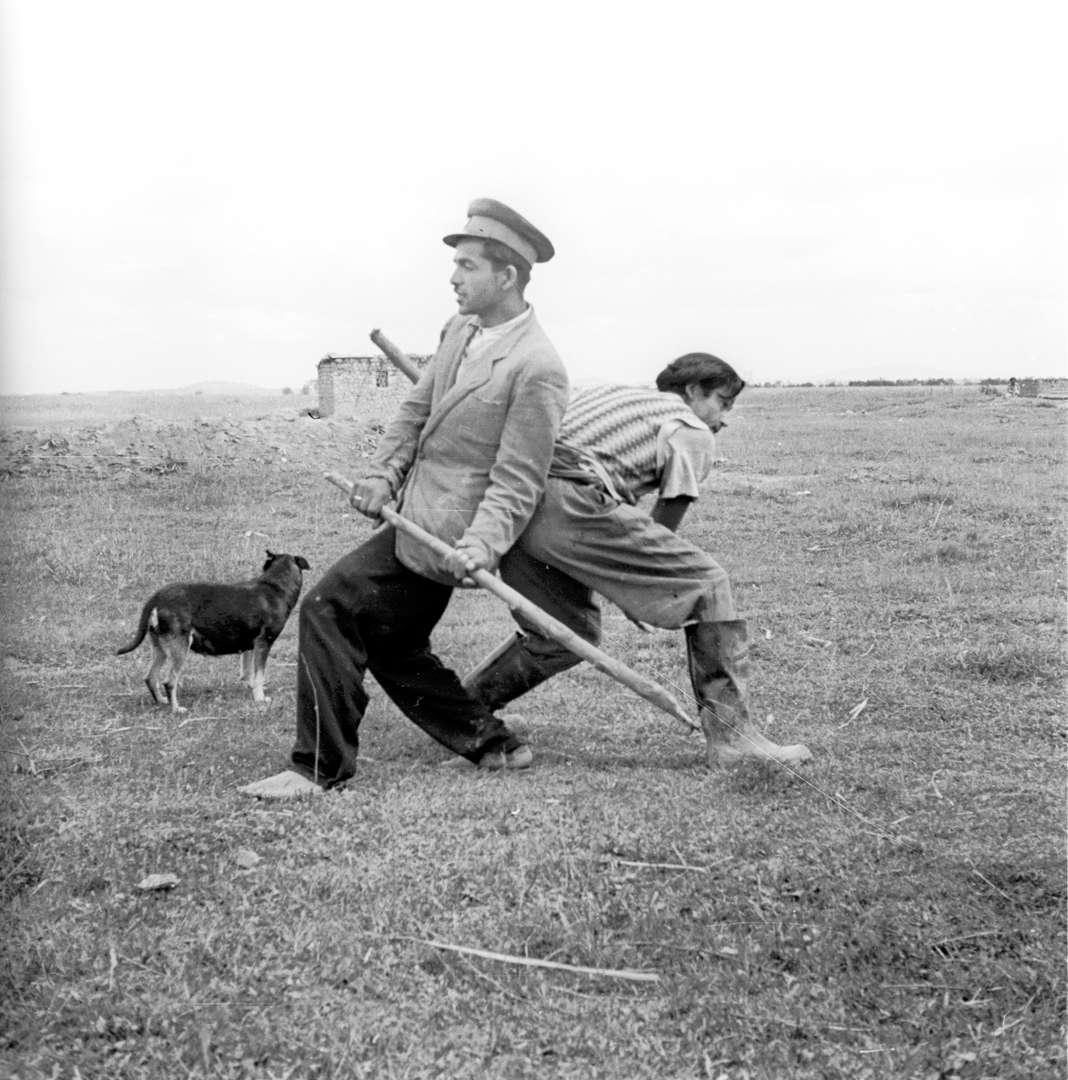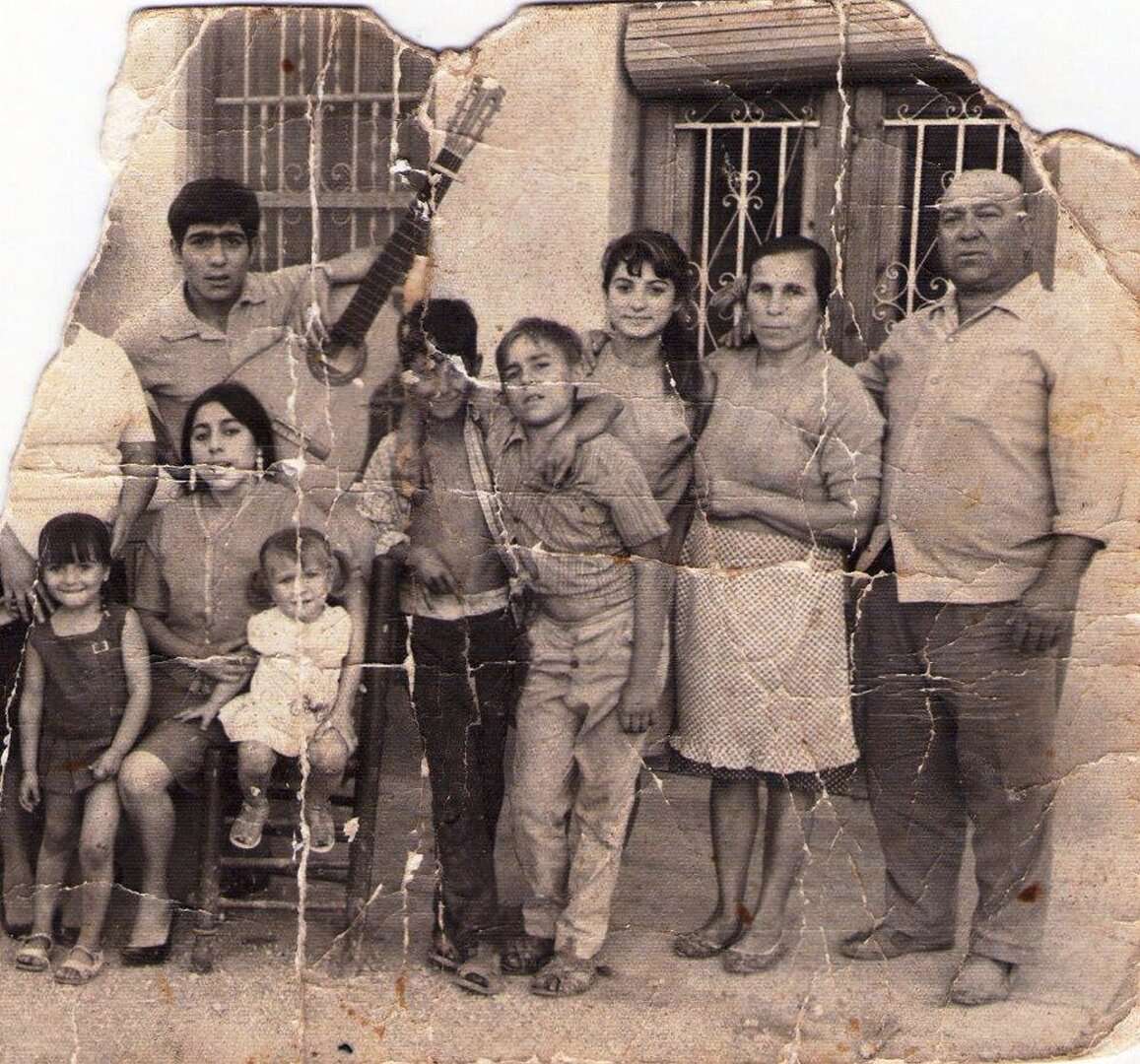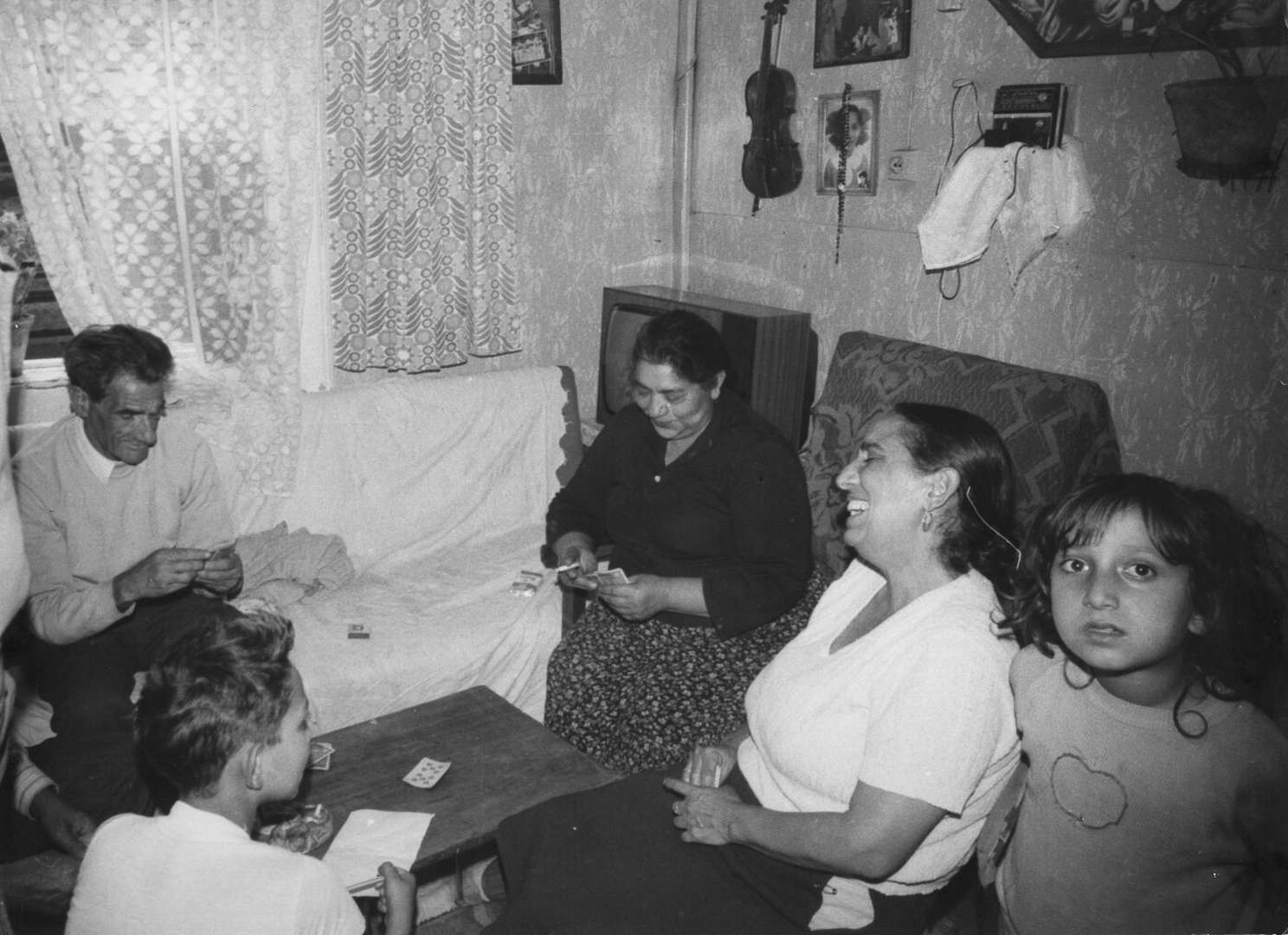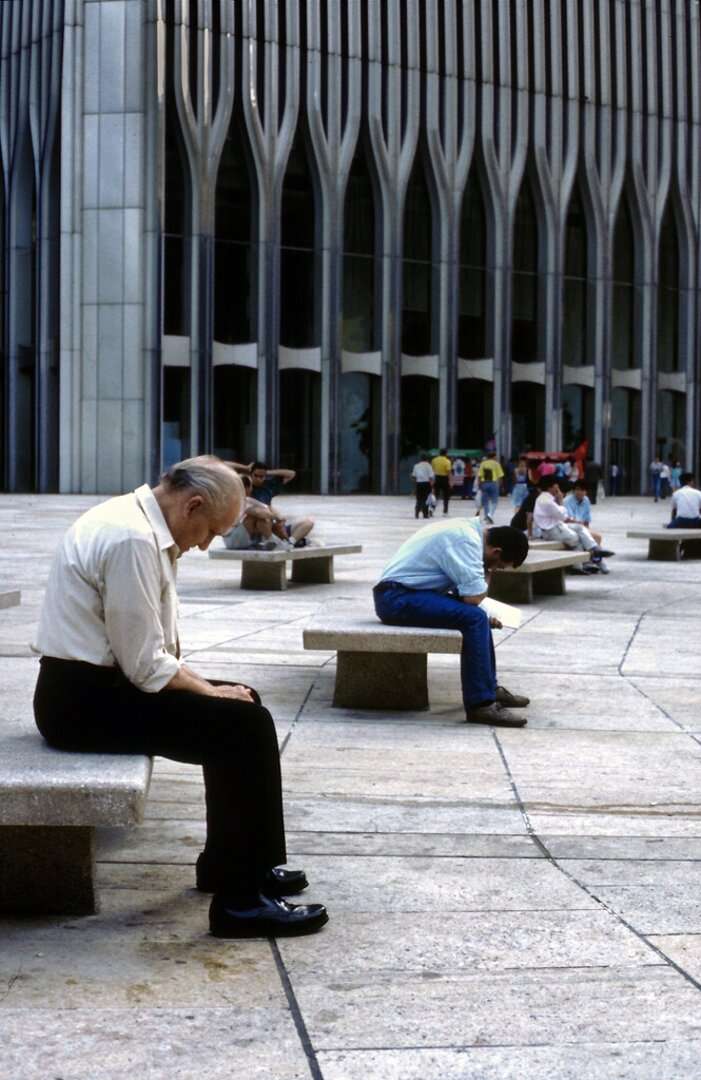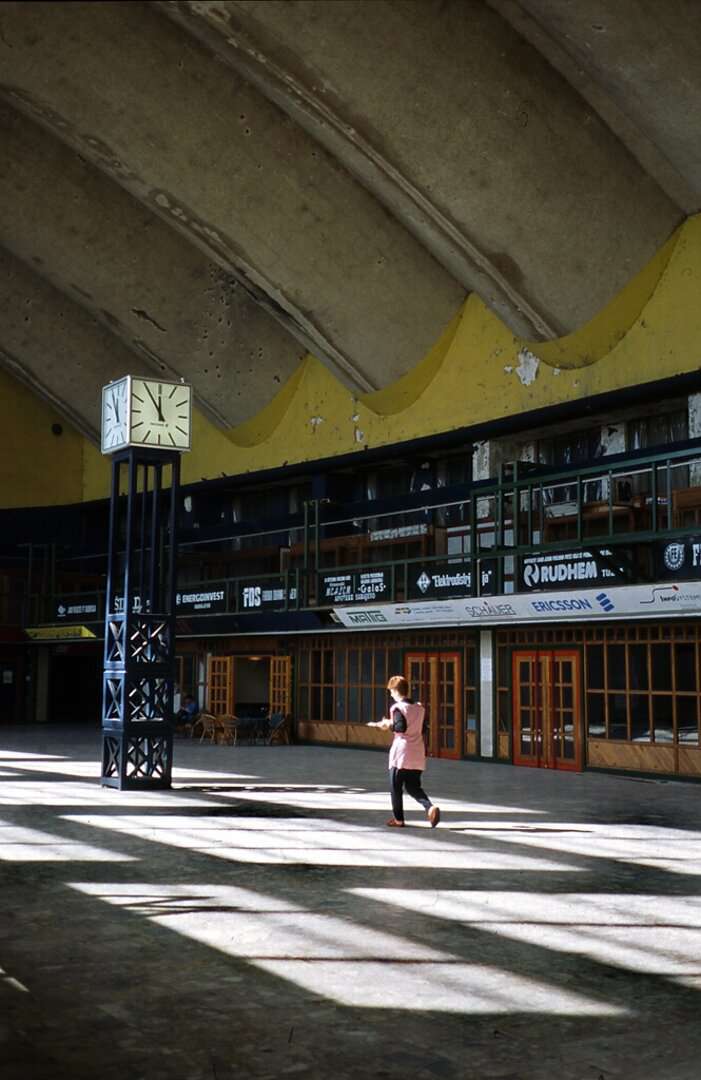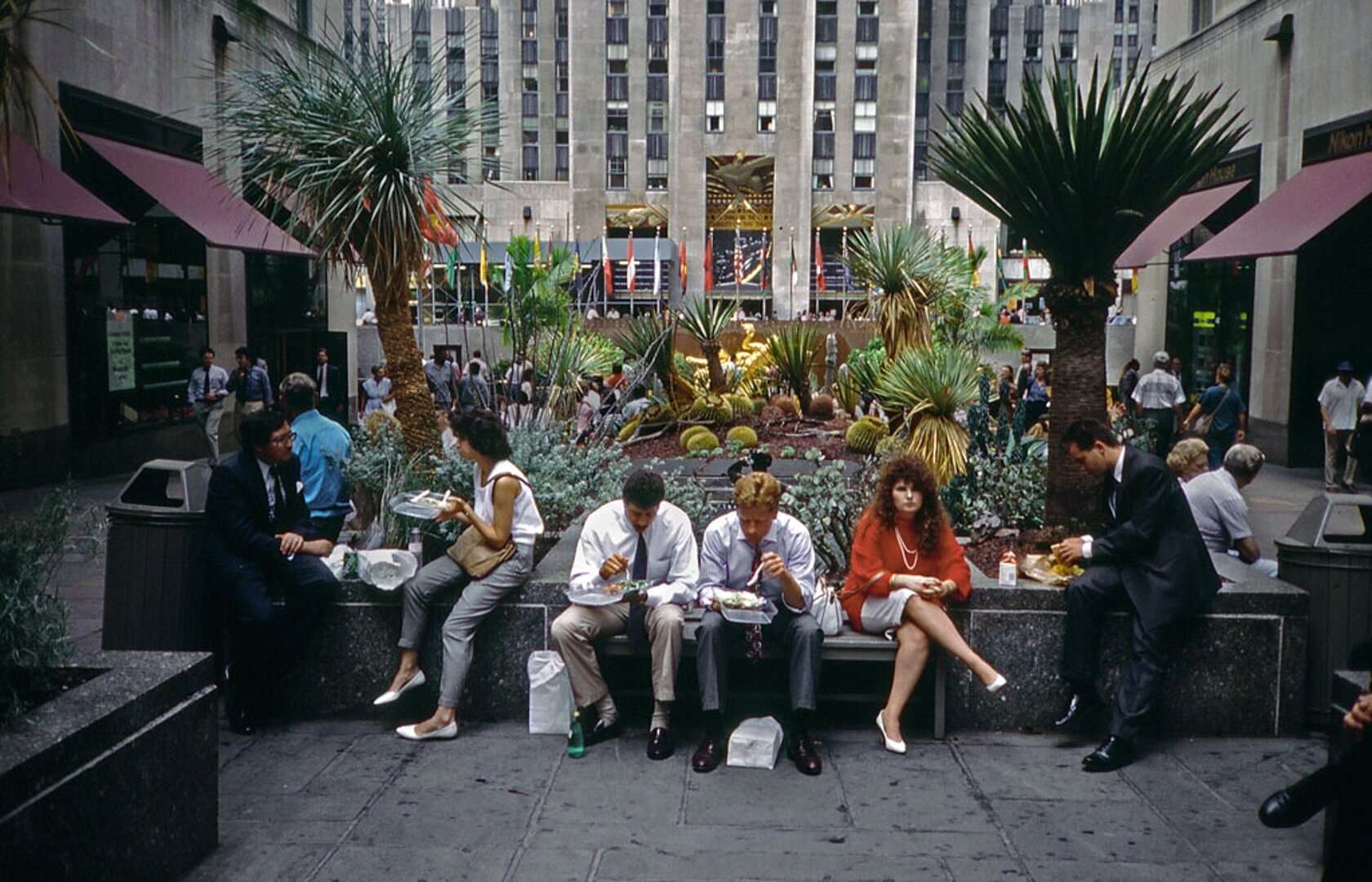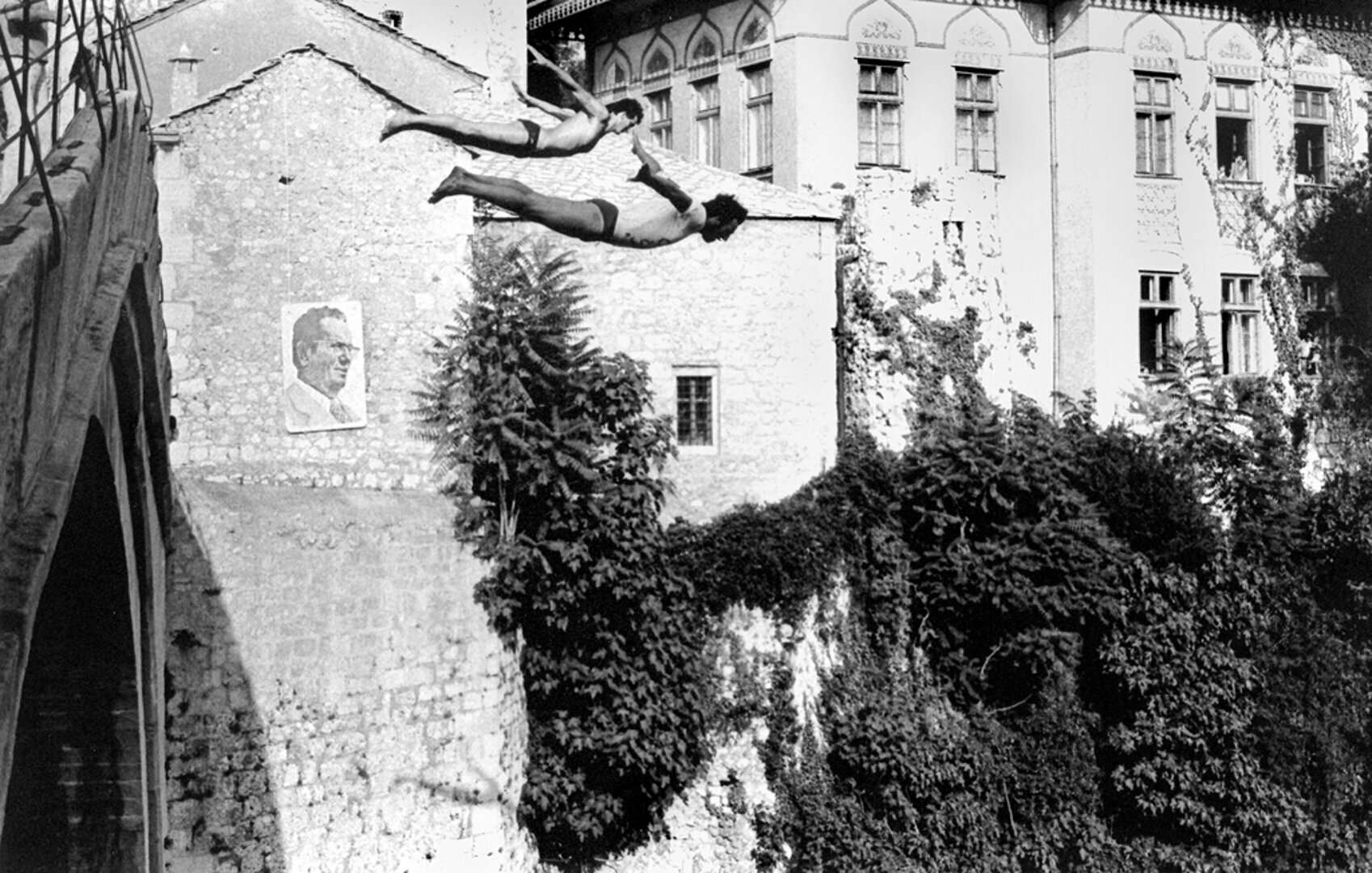RomArchive Against Stereotypes
The art and culture of the Roma community have received the space they deserve in a new online Archive: RomArchive.eu. Since January 24, RomArchive, the Digital Archive of the Roma, makes arts and cultures of Roma visible, illustrating their contribution to European cultural history.
Through narratives told by Roma themselves, RomArchive creates a reliable source of knowledge that is internationally accessible on the internet, thereby countering stereotypes and prejudices with facts.
The idea for RomArchive was based on intensive research and numerous interviews that the project initiators Franziska Sauerbrey and Isabel Raabe conducted with Romani artists, curators, activists and academics across Europe. This was made possible by the German Federal Cultural Foundation.
RomArchive is devised as an international digital archive for the arts of Roma – a constantly growing collection of art of all types, complemented by historical documents and scholarly texts.
“The illiterate of the future, it has been said, will not be the man who cannot read the alphabet, but the one who cannot take a photograph. But must we not also count as illiterate the photographer who cannot read his own pictures?”
WALTER BENJAMIN (1931, A SHORT HISTORY OF PHOTOGRAPHY)
The mission of an archive section in the politics of photography is primarily to stimulate discourse on the politics of collection, creation and design. The goal is to build critical consciousness and thereby promote the essential change that is still lacking in regards to racist attitudes in society and the portrayal of Roma, as well as the first step, already repeatedly taken, towards democratic acceptance and legal equality from the side of the state.
Reality is being equated more and more with that what is portrayed in the media, in film and photography. It is, however, up for debate whether this really constitutes reality.
It is our responsibility and our democratic right to decide what we see in images: do we see ‘strangers’ or ‘fellow citizens’? Will there ever be a European politics of images in which we are able to better explain the complex connections between our society and our history?
A politics of images, in which the medium of photography can serve to re-establish our own self-image – a self image that promises us a future.
We need photographs that show our human dignity, that make visible for all the memories that have been lost or banished from collective consciousness; images of Sinti and Roma which link together the lost knowledge of our mutual experiences of European history and which place our common fates into the foreground.
Will there ever be a time in which the codifying glance of dominant representational strategies is altered and in which a politics of images is created where photographs are utilized to promote equal rights and human dignity?
All who create media, all who make images, who view them or those who have images taken of themselves, they all face the enormous challenge of developing a common politics of images, one that promises a better future for us all.
An international team of curators is responsible for the design and contents of RomArchive’s sections:
Dance – Isaac Blake, dancer and choreographer, UK
Film – Katalin Bársony, filmmaker, Hungary
Literature – Beate Eder-Jordan, literary theorist, Austria
Music – Petra Gelbart, musician and ethnomusicologist, Czech Republic/USA
Theatre & Drama – Dragan Ristić, musician, theatre scholar, Serbia, and co-curator Miguel Ángel Vargas, art historian, theatre director, actor, musician, Spain
Visual Arts – Tímea Junghaus, art historian and curator, Hungary
Interdisciplinary Section Flamenco – Gonzalo Montaño Peña, musicologist, Spain
Politics of Photography – André Raatzsch, photographer and curator, Hungary/Germany
Browse the project here: https://www.romarchive.eu/en/

